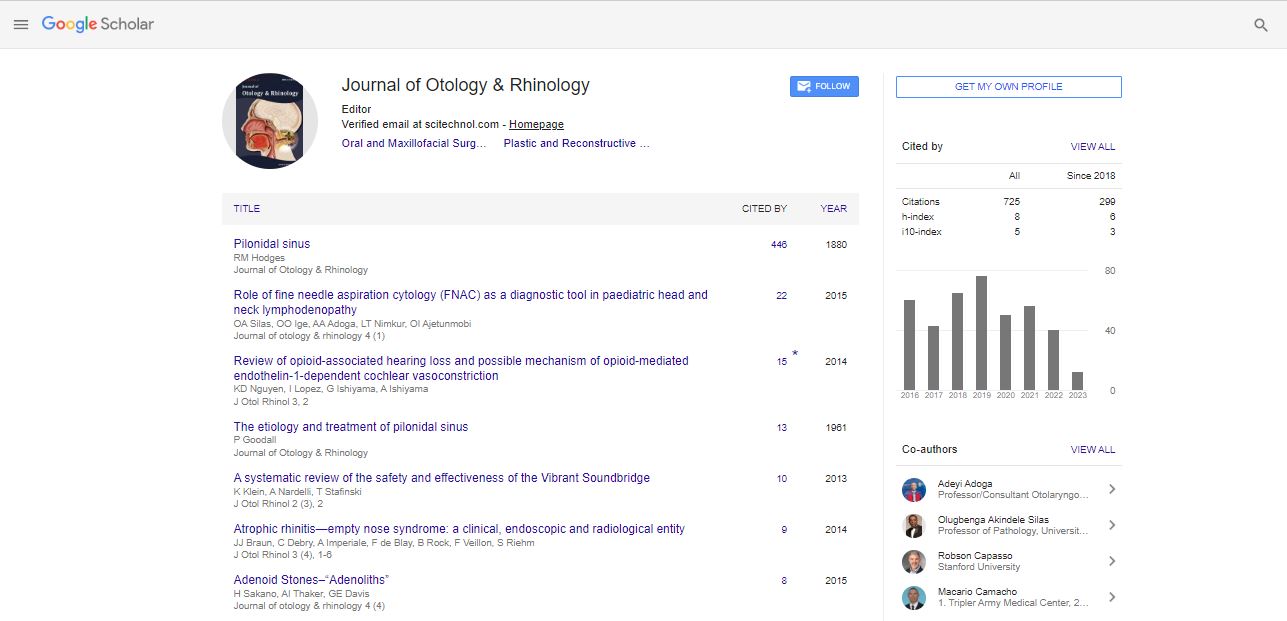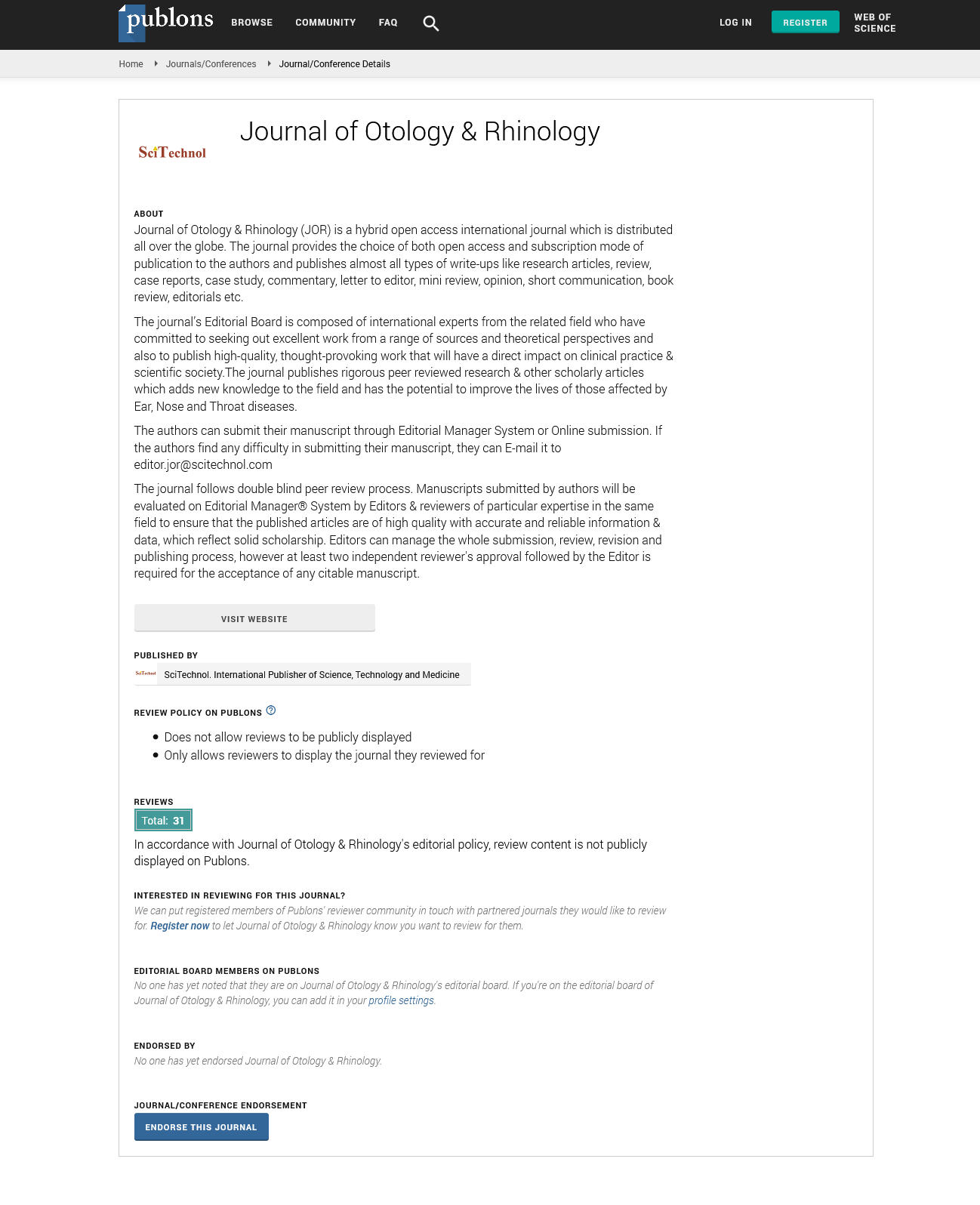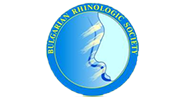Cost effectiveness of radioallergosorbent test versus skin prick test in the management of allergic rhinitis
Kealan McLaughlin and Caitlin Brown
Queens University Belfast, UK
Newcastle University, UK
: J Otol Rhinol
Abstract
Background: Allergy is an abnormal immune-mediated response to an allergen. Allergy rhinitis is an inflammation of the nose caused by allergen such as pollen, dust, etc. It is a common condition that affects around one in five people in the UK or over 20% of the population. Allergy symptoms typically causes sneezing, itchiness, rhinorrea or congested nose which usually respond to anti-histamine, nasal spray containing corticosteroids and avoidance of allergen. In some cases, allergic rhinitis could lead to complications, for instance, nasal polyps, sinusitis and middle ear infection which could be treated with medication but in severe or chronic infection may require surgery. Chronic severe allergic rhinitis can cause sleep disturbance and interfere with everyday life. Most people with allergic rhinitis have mild symptoms that can be easily and effectively treated once cause of allergen is found. There are two methods used to identify the specific triggers of allergens which are skin prick test and RAST. Skin prick test results is available faster than RAST as it takes approximately 15 minutes to produce the result in clinical setting. However, RAST requires blood samples to be sent to an immunology laboratory which will take a few days to a week for the results. Currently in Altnagelvin Area Hospital, Clinicians in ENT Department are using RAST instead of skin prick test due to no alternative availability. Aims: To compare cost effectiveness of RAST to skin prick test in order to aid management of allergic rhinitis and avoid unnecessary surgery and aid establishment of a rhinology clinic in WHSCT. Methods: Literatures reviewed regarding the sensitivity and specificity of skin prick test versus RAST. NICE guidelines regarding diagnosis and management of allergic rhinitis are used as standard of comparison for this audit. Allergic rhinitis is diagnosed by history and examination and should be backed up by specific allergy tests where identification of specific triggers will enable avoidance or affect choice of treatment. NICE guidelines recommended skin prick test as first line investigation as it has higher specificity and sensitivity compared to RAST unless it is not available or contraindicated. Data collected from clinical notes in Altnagelvin Hospital, RAST requests made by clinicians in AAH ENT clinics, immunology laboratory and clinic letters on ECR. Duration of audit is 4 months from 01/11/2015 to 29/02/2016. Results: Sample size, n=32 patients. Total RAST allergens requested is 128. Cost of each allergens for RAST is £12.50. Estimated total for RAST for 32 patients over 4 months is £1600. Cost of skin prick tests for 10 allergens for multiple patients’ use that lasts for 1 year is approximately £200 for 200 patients. Conclusion: Skin prick test is recommended as first line investigation for allergic rhinitis due to faster results availability in clinical setting, reduces delay in diagnosis of allergen triggers and management, reduces clinic review for RAST test results, reduces ENT clinic waiting list if a separate run rhinology clinic (ENT consultant/SHO, nurse specialist), higher sensitivity and specificity, more number of allergens tested (>10 compared to 4-5) and more affordable costs.
Biography
Kealan McLaughlin is currently a core Surgical Trainee in the Northern Irish Medical and Dental training program. He is having a background in medicine previously completing core medical training in the North East of England and became a Member of the Royal College of Physicians in 2016. He is passionate about research and is interesting in pursuing a career in ear nose and throat surgery. He is currently undertaking the Certificate of Medical Education as a Postgraduate student with Queens University Belfast. He is a Clinical Fellow for the ADEPT program in Northern Ireland and has a keen interest in Quality improvement and health care innovation.
E-mail: k.mclaughlin@doctors.org.uk
 Spanish
Spanish  Chinese
Chinese  Russian
Russian  German
German  French
French  Japanese
Japanese  Portuguese
Portuguese  Hindi
Hindi 


